Recently I was reading the book [To the End of June: The Intimate Life of American Foster Care] by Cris Beam and read the lines “Adoption may be the explicit goal for foster kids with parents who have lost their rights, but it can also be a trigger. This is it, adoption says. You can never go home again.” These two sentences really struck a chord with me. They call it “finalization” for a reason.
Adoption is permanent, and while a child may have stopped visiting their biological parents after termination, finalizing an adoption says reunification will never happen because this is now your new, permanent family. As soon as I read the way Cris Beam analyzed how a child may feel about adoption finalization, I thought about infertility and hysterectomy.
Grief of any loss comes in waves and stages and can be triggered anew by changing circumstances. A diagnosis of infertility, I thought, is a bit like the judge terminating parental rights and saying a child can never return home. But as long their parents are alive and they are not a permanent part of a family, they can always secretly hope and dream, just like a couple diagnosed with infertility often holds out for hope that a pregnancy may still occur. People frequently tell stories of infertility diagnoses followed by a pregnancy a decade or two later, often following the couple adopting children.
In our own life, I’ve seen this time and again, and as long as I was physically able, I held onto hope. It’s not that I necessarily cared to be pregnant or that I had to have a biological child. I have four children, and they are “my own.” I just often felt sad and, if I’m honest with myself, a little cheated that we never got the experience of parenting an infant and raising a child from infancy as our children came to us as foster children at almost 2, 5, 9, and 10. Plus, we just always wondered what Darren+Margie would equal in a little life.
Last summer I, along with my doctors, made the decision that I needed a hysterectomy. Wow! Grief is crazy and unexpected. Don’t get me wrong. I wasn’t laid up in debilitating depression or anything. I just started experiencing all these new little stabs and pangs over something I thought I was done dealing with. I had to face the fact that there was now no physical chance at pregnancy.
Hysterectomy said, “This is it. You’ll never have a baby,” just like “This is it, adoption says. You’ll never go home again.” If you’ve faced infertility and hysterectomy, then you may not understand how these kiddos feel, but you understand how their grief could come in waves, impacting them and their behavior, causing them to act out when they are getting something they said they desperately wanted: a forever family.
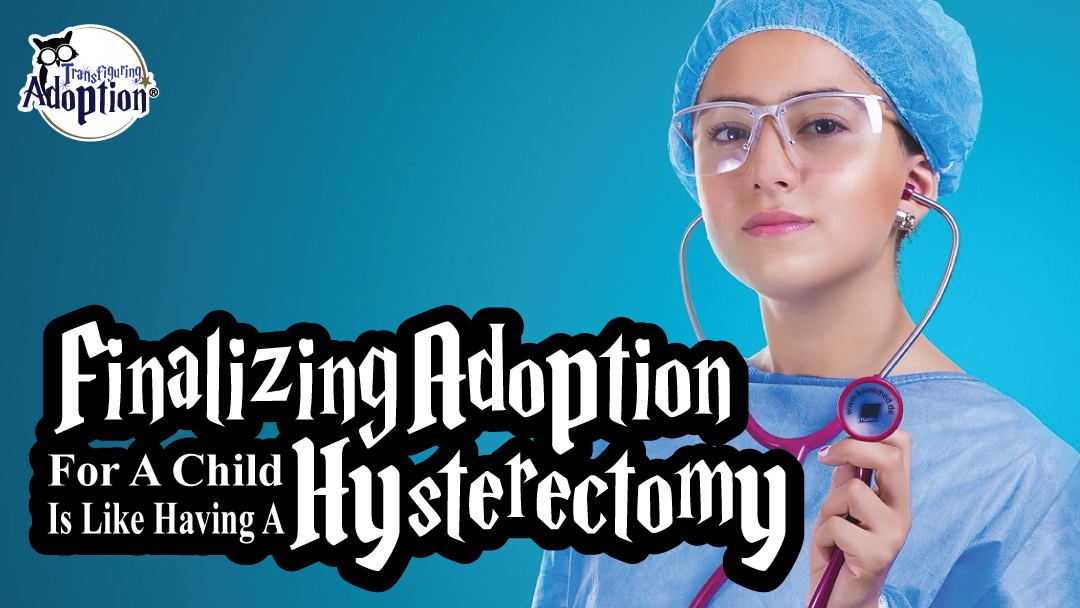
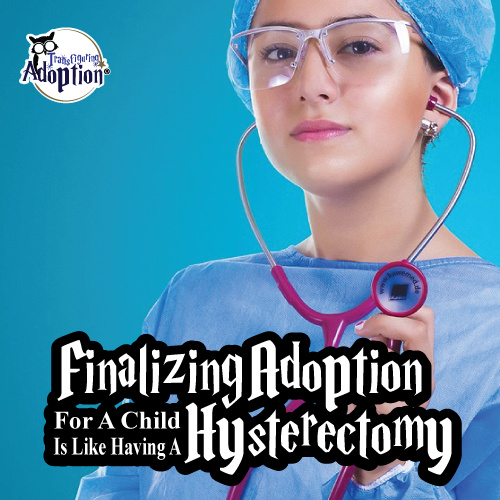
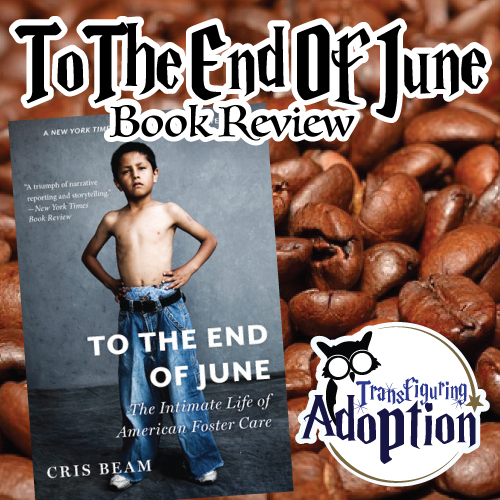
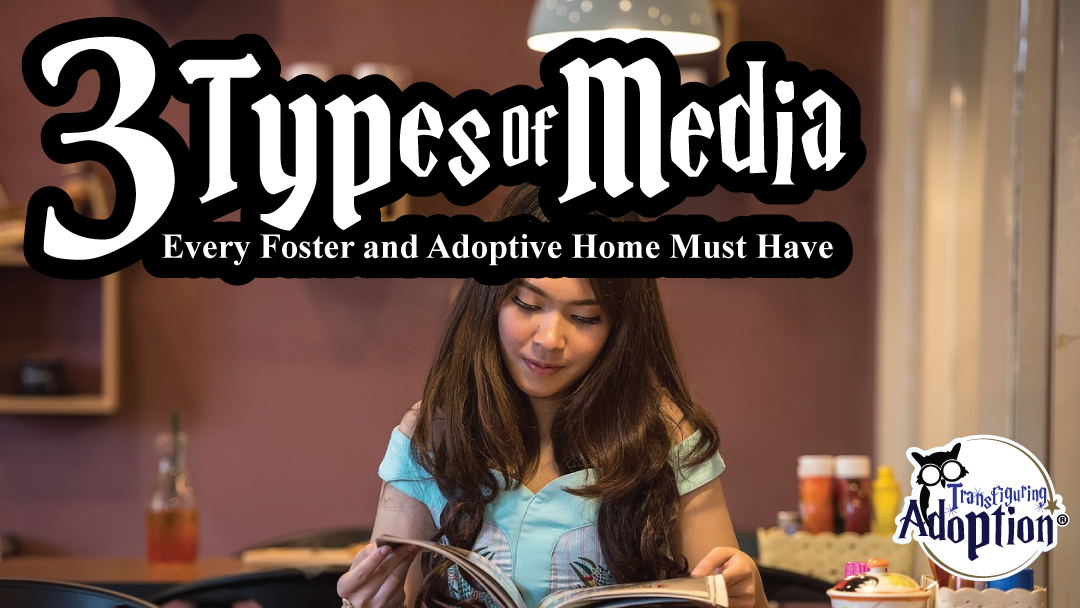
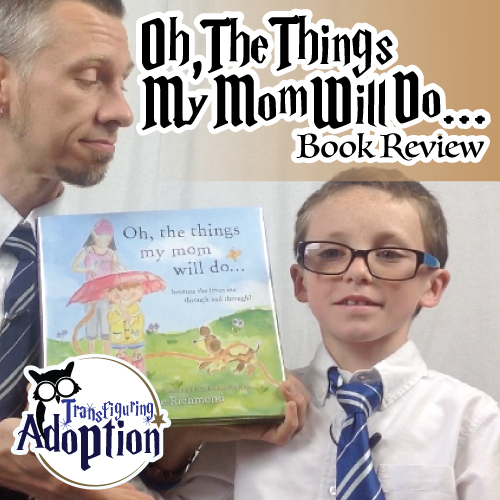
grtlyblesd
Wow, I hadn’t thought of it that way before. Thank you.
Margie Fink
I hadn’t either until I had that “Ah hah” moment while reading To The End of June! Cris Beam was discussing several occasions where a child wanted to be adopted, and as the date neared, the child started exhibiting behaviors, saying they didn’t want to be adopted, running away, etc. As adults, we usually have the self awareness to understand why we’re behaving a certain way, but children don’t always…any way we can better understand the why’s for them helps us respond more appropriately! 🙂
Erin
Wow I definitely hadn’t thought of it that way! I had heard the comparison of adoption to a wedding, but definitely an interesting idea to compare it to a hysterectomy. I can see how they would have a lot of the same feelings.
regina radomski
Great comparison, I can really see how that compares.
Jill (@JillinIL)
Interesting analogy. I remember the “this is so final” aspect of having a hysterectomy very well.
Thanks for linking up your post!
Margie Fink
Phew! I’m so glad others are seeing the comparison! 😉 There’s great power in insights into our children’s feelings. It gives us compassion and helps us see past behaviors into their hearts and minds.